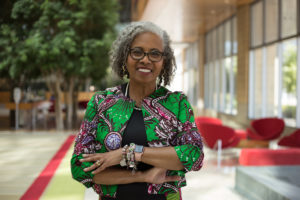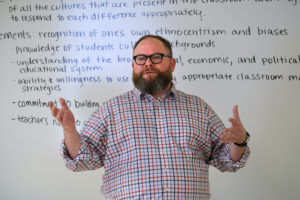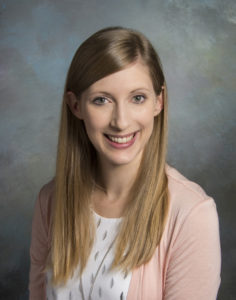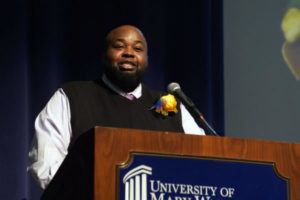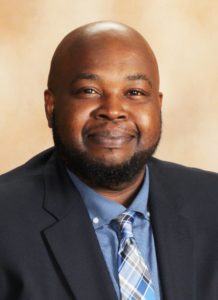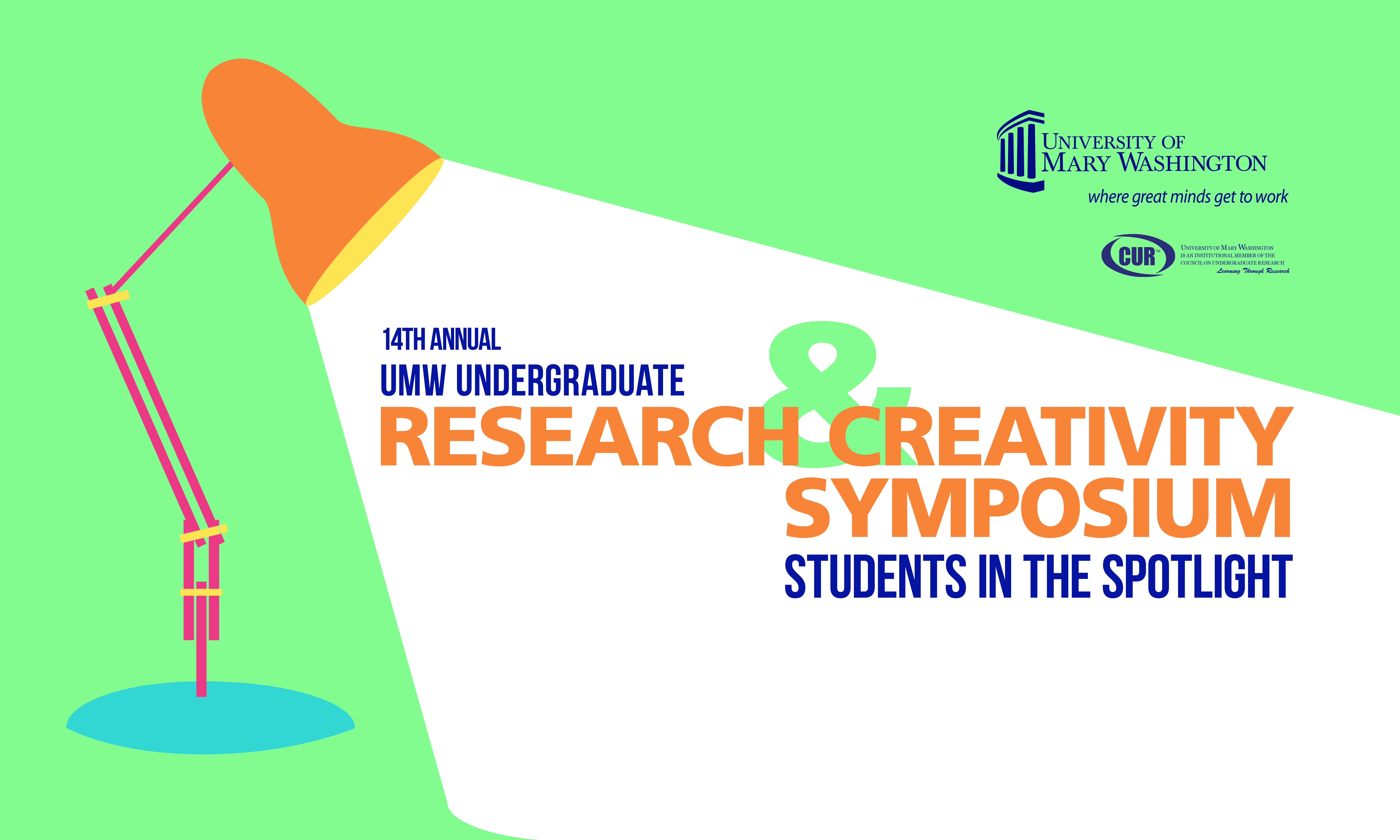
Held annually on campus, UMW’s Research and Creativity Day went virtual this year, due to COVID-19. The event allows students to share projects they’ve worked on all year.
They put in the hours – late-night study sessions, one-on-one meetings with faculty members, conferences, presentations and projects. All year long, students have been working hard on one of the University of Mary Washington’s top priorities: undergraduate research.
A pandemic wasn’t about to stop the 14th annual showcase that highlights all of their efforts. Filled with posters in the form of PDF images and oral synopses on video, the UMW Research and Creativity Day Virtual Symposium covers everything from math and science to the performing and visual arts. The online event will be open tomorrow through Friday for questions and comments, and for all-around marveling over UMW students’ ingenuity and drive.
“It’s a time for all of us to pause to celebrate our students’ hard work, their creativity, and the knowledge they’ve produced,” said Assistant Dean of the College of Arts and Sciences Betsy Lewis. “When it was clear we wouldn’t be able to do this face-to-face on campus this year, I really wanted to find a way to replicate that sense of community and celebration.” Read more.
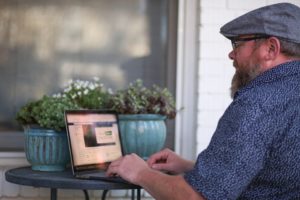
 But one UMW faculty member saw it as an opportunity.
But one UMW faculty member saw it as an opportunity.
